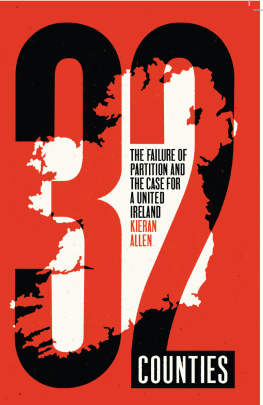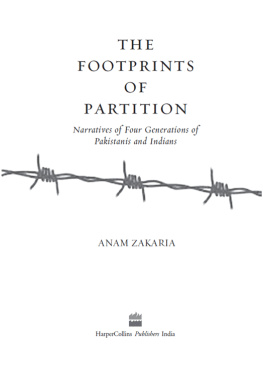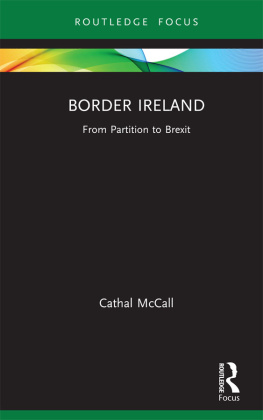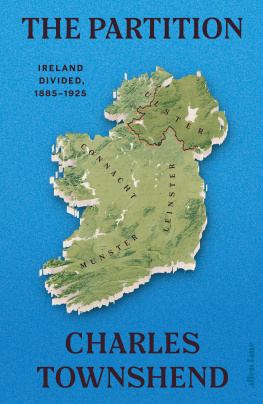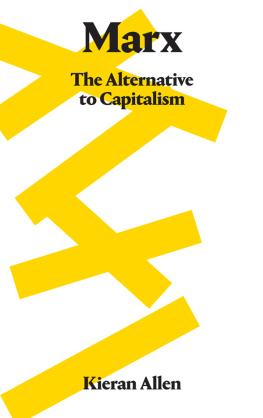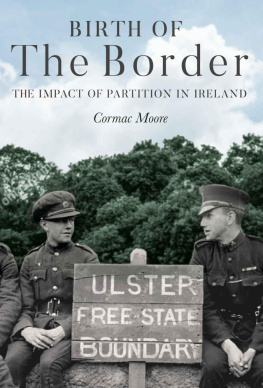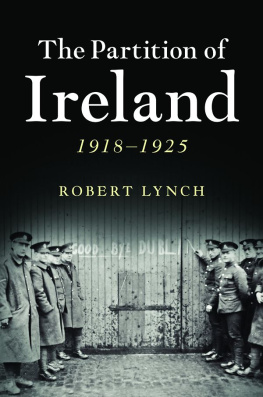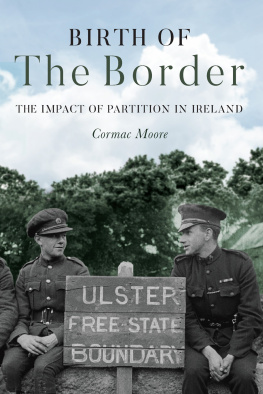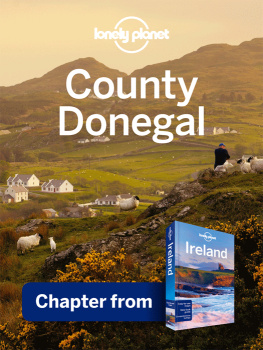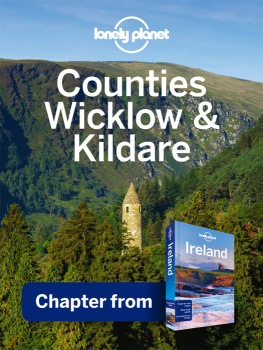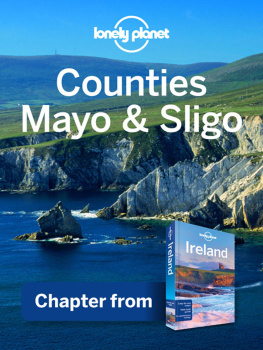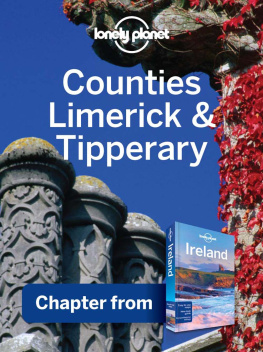32 Counties
The phrase If we dont learn from the past, we are doomed to repeat it, seems more apt about Ireland than anywhere else. To look at Ireland through the prism of class is to see not what might have been but what brightness the future might bring. Kieran Allens new book is Irish history seen anew, from below, bristling with practical lessons for working-class struggle today.
Eamonn McCann, politician, journalist and political activist
Showing how partition was not to separate two hostile cultures but a strategy to defend the British empire, it traces the grisly story through to the return of the national question today when Irish unity can be posed again on a new socialist basis. Essential reading for anyone who wants to change Irish society.
Brid Smith, People Before Profit TD
An important contribution to a debate that has been reignited. It is an excellent tool for activists who are navigating the arguments in favour of ending partition.
Gerry Carroll, MLA Stormont Assembly for West Belfast
32 Counties
The Failure of Partition and
the Case for a United Ireland
Kieran Allen
First published 2021 by Pluto Press
345 Archway Road, London N6 5AA
www.plutobooks.com
Copyright Kieran Allen 2021
The right of Kieran Allen to be identified as the author of this work has been asserted in accordance with the Copyright, Designs and Patents Act 1988.
British Library Cataloguing in Publication Data
A catalogue record for this book is available from the British Library
ISBN 978 0 7453 4418 8 Hardback
ISBN 978 0 7453 4417 1 Paperback
ISBN 978 0 7453 4421 8 PDF
ISBN 978 0 7453 4420 1 Kindle
ISBN 978 0 7453 4419 5 EPUB
This book is printed on paper suitable for recycling and made from fully managed and sustained forest sources. Logging, pulping and manufacturing processes are expected to conform to the environmental standards of the country of origin.
Typeset by Stanford DTP Services, Northampton, England
Simultaneously printed in the United Kingdom and United States of America
Contents
Preface
In August 2020, UK premier Boris Johnson announced plans to celebrate the centenary of the formation of Northern Ireland. There would be a forum composed of politicians, businessmen and public servants as well as a Historical Advisory Panel composed of academics. Johnson thought that the centenary was a cause for celebration because it joined Northern Ireland with the United Kingdom, the most successful political partnership anywhere in the world.
This book is written to expose this fallacy. It argues that partition was a disaster which helped to keep Ireland enchained in two conservative regimes for decades. The losers were not just a minority who were imprisoned in that state but the wider mass of working people on the whole island Protestants, Catholics and Dissenters.
The Historical Advisory Panel is chaired by Lord Paul Bew and is mainly composed of historians who have shown a distinct sympathy for the unionist cause. In the name of academic objectivity, it will no doubt produce material to justify an occasion of celebration, however muted and nuanced that may be. This book is designed to counter that propaganda and is written from an explicitly left-wing standpoint.
I would like to thank those who have made this possible and two people in particular stand out for their scrupulous reading of an earlier text. They are Sean Mitchell and Willie Cumming. I have taken on board most of their comments and this, I think, has added to the argument made.
1
A Carnival of Reaction: The Origins of Partition
In June 2021, Northern Ireland will have existed for one hundred years. It has its own parliament, police force and judiciary and operates like any other state with a civil service who pore over the details of its economy. It is anomalous in some ways, certainly. The Prime Minister is called the First Minister and must seek the agreement of the Deputy First Minister. Tax-raising powers are limited and its finances are dependent on the British Exchequer. Nevertheless, Northern Ireland still exists and few imagined that it would last one hundred years. Certainly not Edward Carson, the founder of Ulster unionism, whose statue stands in front of Stormont, the Northern Ireland Parliament Buildings, portrayed in a moment of passionate oratory. Were his ghost to unshackle itself from its stone encasement, he could only look aghast as his followers sit alongside former Irish Republican Army (IRA) operatives. But even he would be surprised that his state has lasted so long because he had a profound ambiguity about the precise border and shape of that state.
Edward Carson was primarily a defender of British empire and, consequently, an ardent opponent of Home Rule for Ireland. When the first Home Rule Bill to give limited autonomy to a Dublin parliament was proposed in 1886, he was totally opposed. He switched his allegiance from supporting the Liberals to the Tories but, as his admiring biographer stated, Carson knew next to nothing of the northern province of Ulster Even then Ulster was a term which was used loosely.
By all one way, he meant either Catholic or Protestant. Carsons voting record is just one indication of the confusion surrounding the exact borders of a partitioned Ireland. In terms of geography Ulster denoted one of the four provinces of Ireland and was composed of nine counties. Yet there was no clarity on what the political term Ulster meant subsequently. Unionist leaders sometimes spoke of the North East Ulster, or Protestant Ulster or just plain Ulster.
This ambiguity on the geographical limits of the Northern state is of some significance. Contrary to binary ethnonational explanations of the conflict based on British and Irish identities, or indeed theories of two nations, unionist national identity has never been fixed. The allegiance of unionism to a particular territory was in fact pragmatically driven. It is almost universally agreed that a basic criterion for any definition of nationality is that it points to a defined and delineated territory. Yet unionism shifted from an all-Ireland unionism, to an Ulster unionism, to a six-county unionism. These shifts took place over a very short period of time, in line with the pragmatic interests of unionist elites rather than some deep-seated and immutable nationalism or identity.
The moment of truth came when Walter Long was charged by the British government with solving the Irish question in 1919 by chairing a committee to draft a Government of Ireland Bill. Long was a high Tory, descended from a mix of the English gentry and the Irish ascendency, and an ardent defender of landlord interests in Ireland. He was a former leader of the Irish Unionist Parliamentary Party and, as one of his biographers noted, held the Catholic Irish in contempt, thinking of them as clearly inferior to the English, both racially and culturally.ethnic identities but rather by how best to defend the British empire when faced with rebellion in Ireland.
Long regarded the Sinn Fin rebels, who had launched a struggle for an independent republican Ireland, as vile criminals [who] must be exterminated. As an arch unionist, Long did not envisage a six-county state. He never dreamed that it was a natural or inevitable boundary to express a particular identity.
However, Walter Long quickly learnt he was on the wrong track when he visited Ireland shortly after his proposals became known visit may be a slight exaggeration as most of the time he stayed on his yacht,


